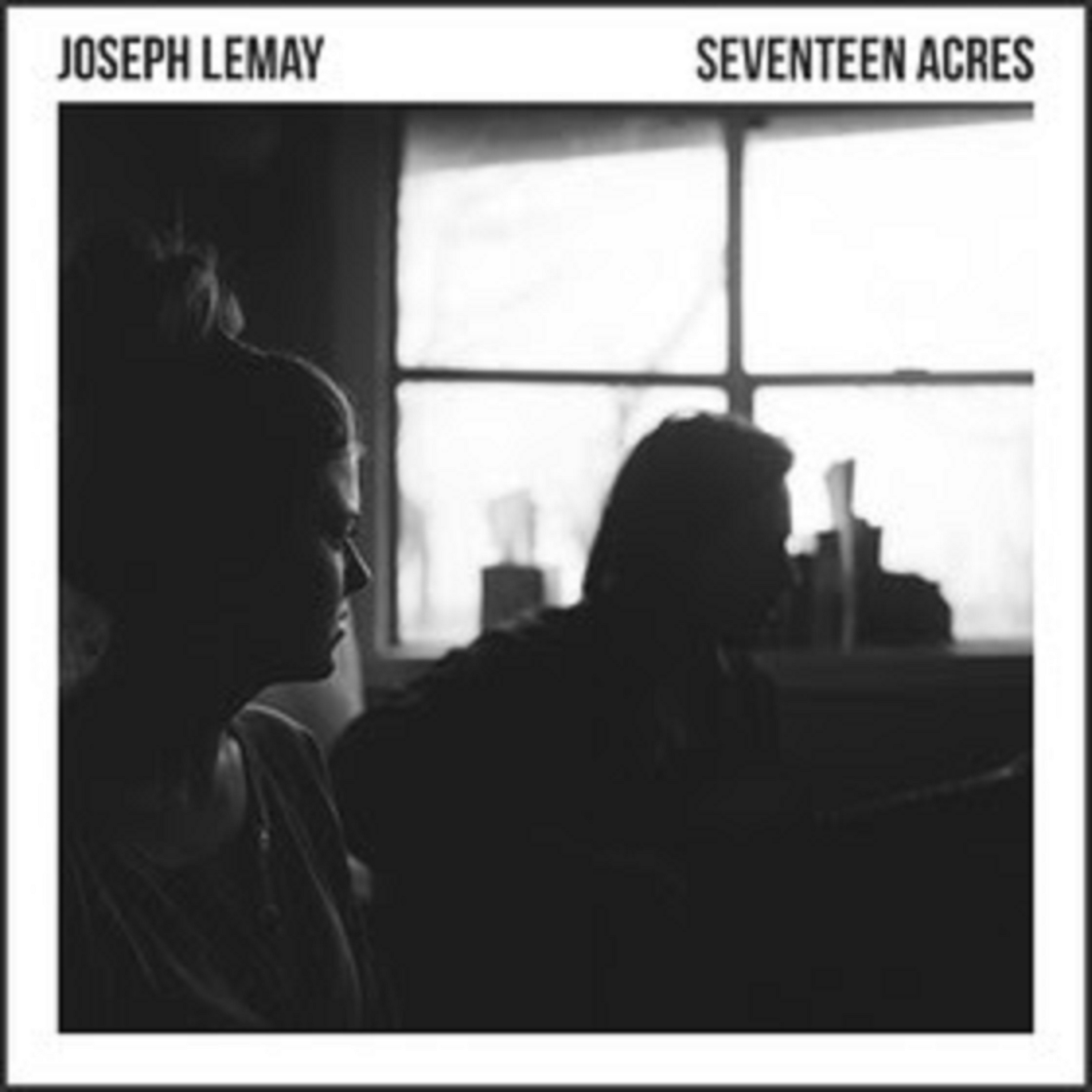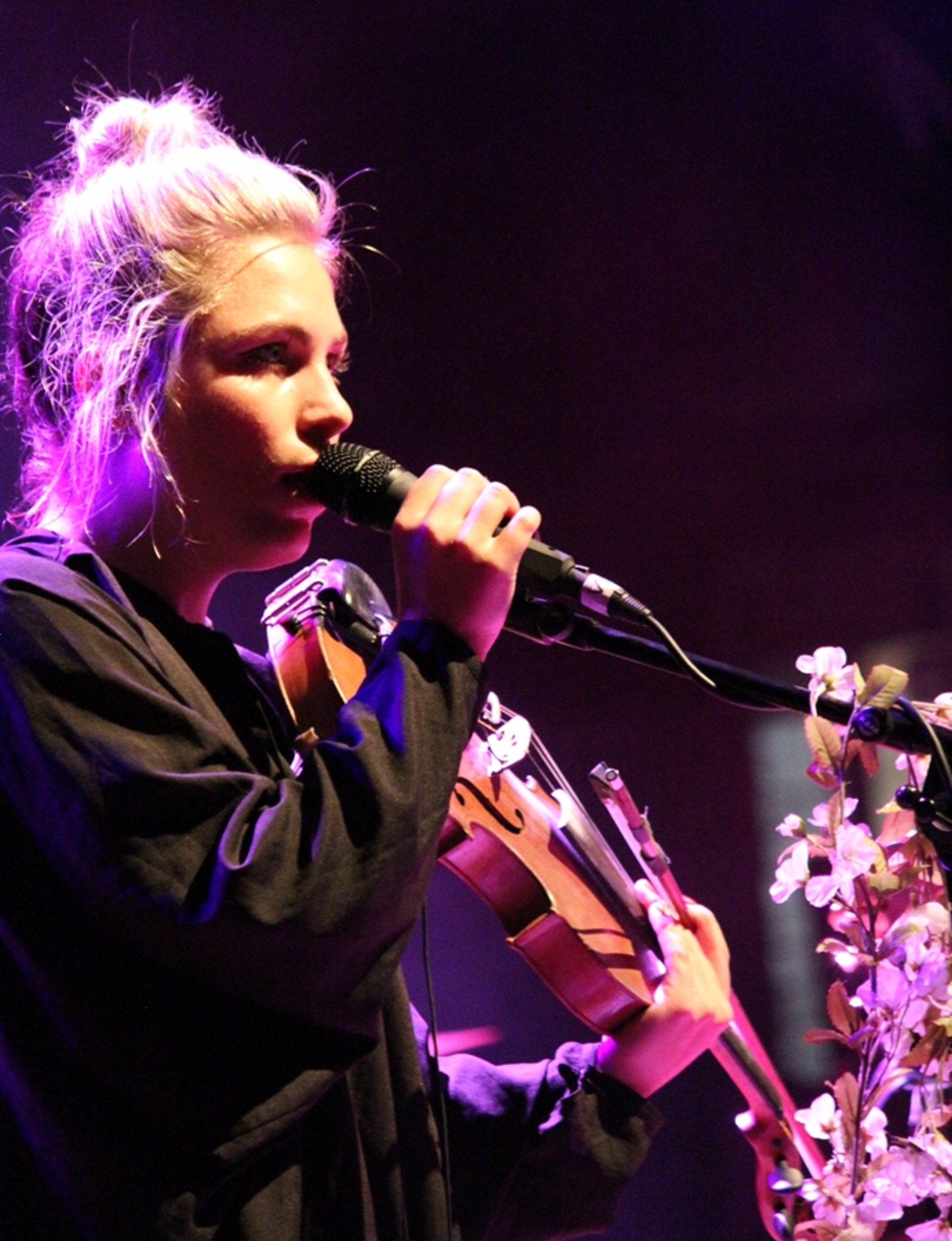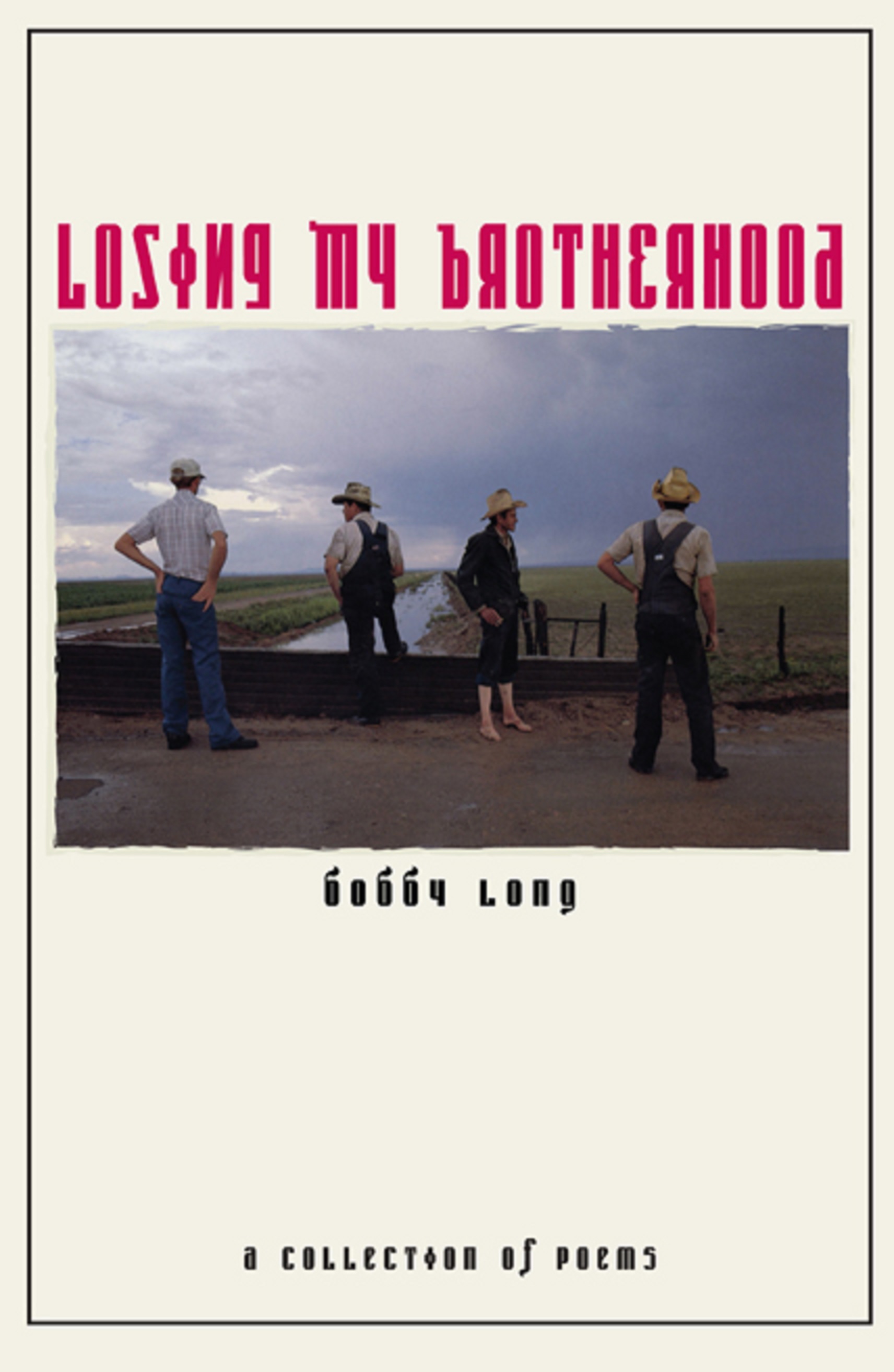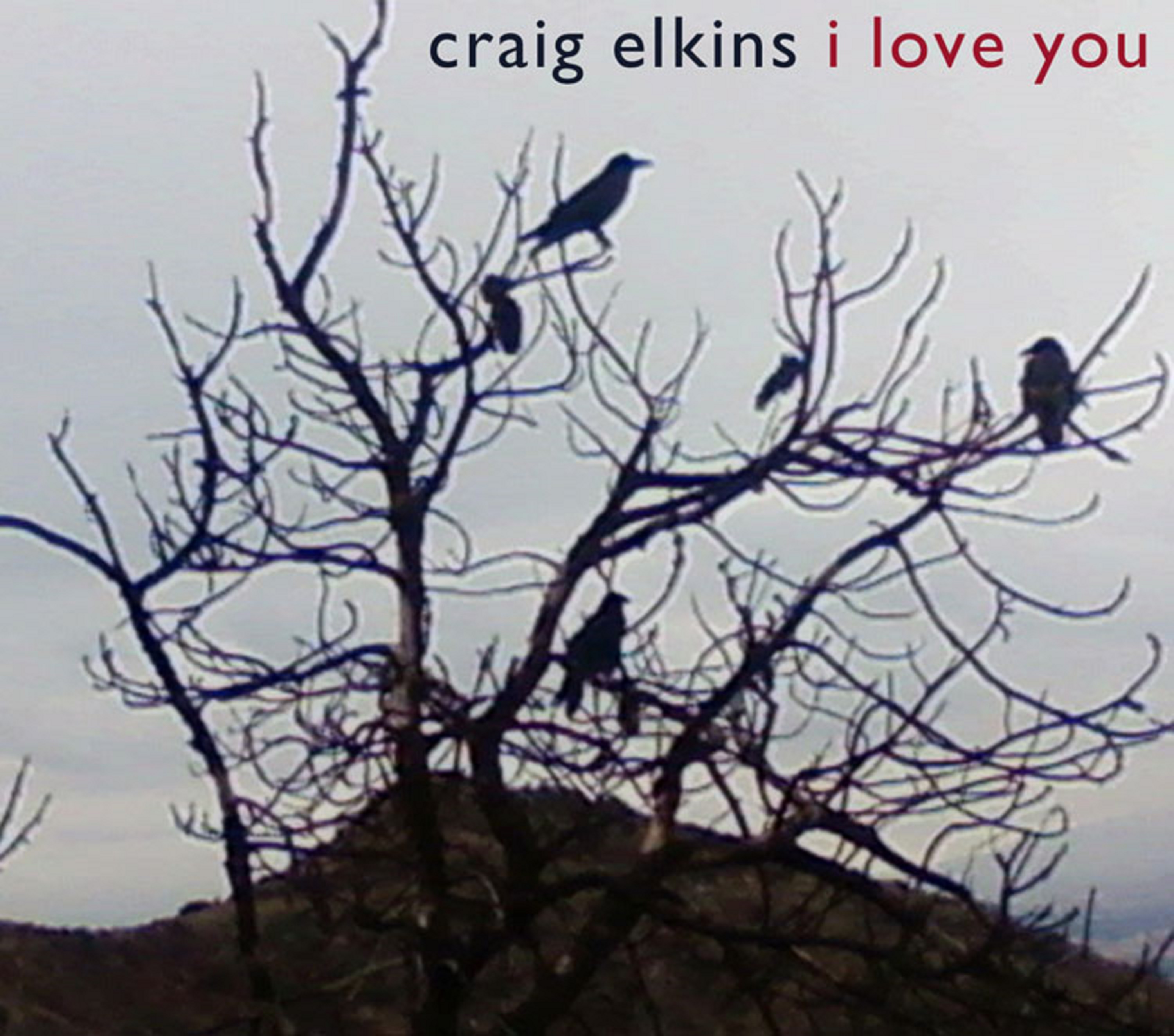There are many faces and aspects of love, and Tennessee singer/songwriter Joseph LeMay hits on many of them on his first full length album, Seventeen Acres. From past or potential love to new love to lasting and exciting love, his songs take you through the emotions of such experiences not only as they relate to relationships, but to life in general. LeMay explores and conveys these feelings through a few different styles of music, though it is the more laid-back, minor, folksy style that comes across strongest, even if at times it runs contrary to those more positive songs.
Much of the album, in fact, does highlight the bright side of love. The title track, "Seventeen Acres," recalls young love, while "You Still Do It" is the confirmation of lasting love and "Crazy Woman" relates the excitemet and adventure of falling in love. Even so, much of the album is also put to the more minor side of Americana and folk, the emotion of the music often times running seemingly contrary to that of the lyrics. And yet it works. Songs such as "You Still Do It" and "Just So" are heartfelt, honest love songs. As such, the gentle, folksy nature of the music, rather than betraying the lyrics, reinforces the depth of their meaning and truth.
Two of the most outright, plain happy songs, "Crazy Woman" and "Molly My Girl" show LeMay in an enitrely different light. You can still hear LeMay's sound in both tracks, but they stand apart from the rest in being full-on Americana/ folk dance tunes. Again, this works. While these songs may be just as heart felt and true as their more romantic counterparts, they focus more on the adventure and fun of young love and the excitement of new romance. The up-beat, dancing, feel good quality of the music is perfect for these songs, and they work well, yet they don't hold as LeMay's strong point as a musician at this point in time.
Indeed, LeMay said in the album's press release that while writing this record he "was constantly alone and in a period of self-doubt," being afraid he wouldn't "measure up as a new husband and songwriter." In this light, the more mellow songs become very fitting, whether they're lyrical nature be on the positive or negative side. Writing and self-producing the album at home in a singlewide trailor on a family farm, LeMay took to the isolation of Dyersburg, Tenn. to take a good look at himself.
"Music fulfills a need," LeMay said further in the press release, "Its communicating across mediums. We don't just want words. It's the color and the canvas. The cadence and the lyric." Seventeen Acres appears to have fulfilled all of that. Throwing himself completely into the album and "sitting under a magnifying glass" that is rural Tenneesse, LeMay put together an album that does communicate across all its mediums, blending the warm, bright, passionate colors of love in its voice and word with the cooler, softer colors of emotion and feeling in its music.
Perhaps one day this will change, the color and the canvas, the cadence and the lyric. For now, however, LeMay seems to be on the right track. He might not have a firm stance yet in his musical style and sound, but LeMay has succeed both in his desire to fulfill a personal need and to communicate across the board. Only a few songs stand out upon the first listening of Seventeen Acres, yet with repeated listening the album as a whole grows on you, and it is thanks to this communcation that, while if fulfills something for the individual, it is relatable to all in its emotion and truth.





















